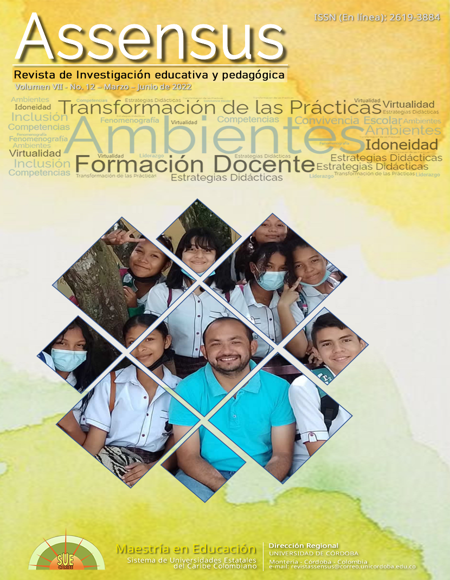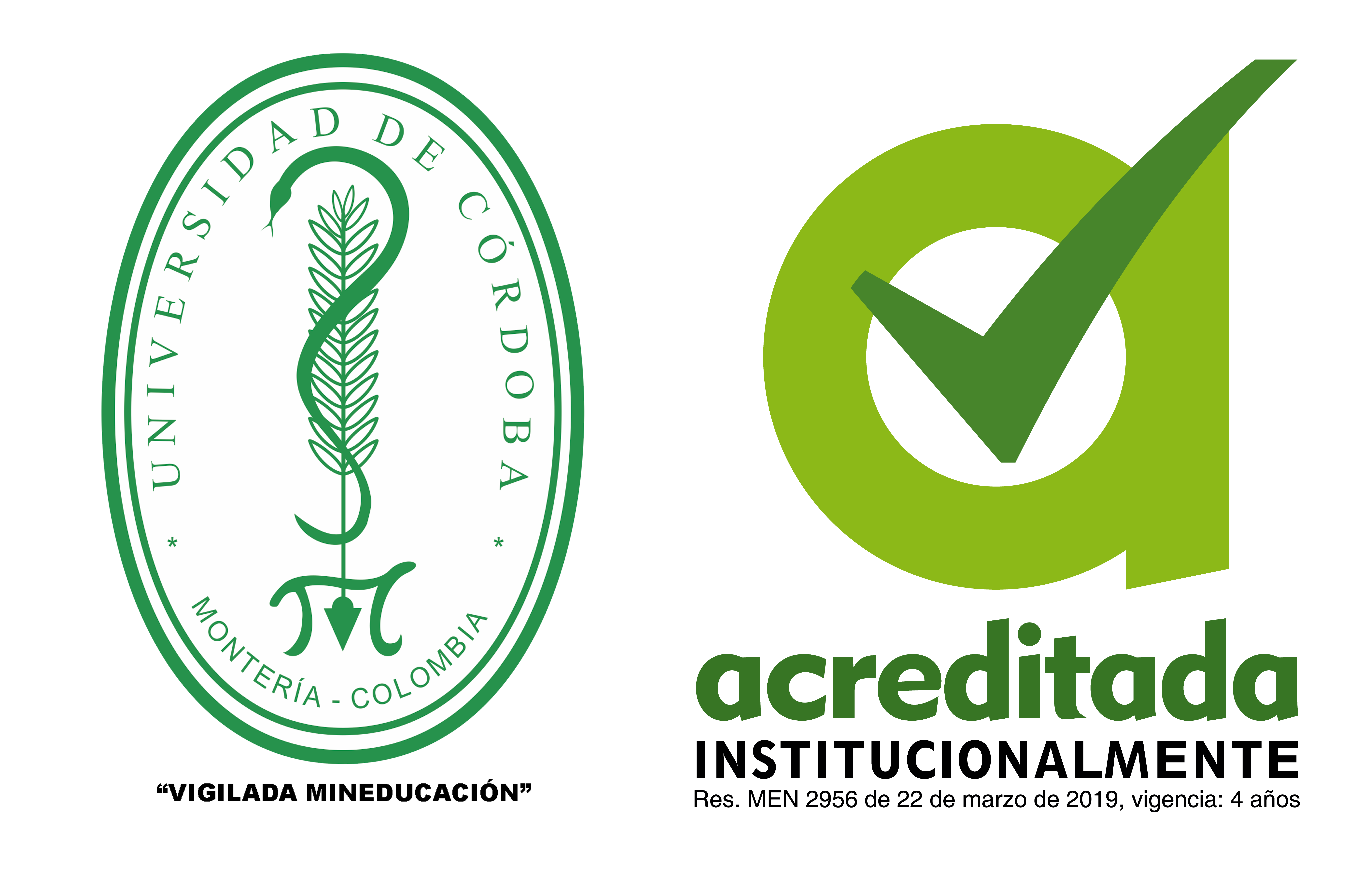Self-Perception of Teachers on Neuroscience and Transfer to the Dicactics of Sciences: A Phenomenographic Study
Autopercepción de los docentes sobre neurociencia y transferencia a la didáctica de las ciencias: un estudio fenomenográfico

This work is licensed under a Creative Commons Attribution-ShareAlike 4.0 International License.
The Assensus journal has a Creative Commons license. The citation, use and partial or total reproduction of the contents is authorized by citing sources. For more information, see https://creativecommons.org/licenses/by-sa/4.0/deed.en
Show authors biography
The purpose of this study is to determine the conceptions, knowledge and experiences of teachers about cognitive neuroscience and the possibilities of transferring its principles to science didactics. With a qualitative, phenomenographic approach, with a narrative case design of 22 teaching subjects from various areas of science in 12 public Educational Institutions of the Municipality of Montería. The semi-structured diagnostic survey, a questionnaire with open questions, sequence analysis matrix and a focus group mediated by Meet videoconference were used. The information was analyzed with the MAXQDA software, then plotted and triangulated. The results show the convergence between the conceptions and knowledge of neuroscientists and teachers, in relation to the possible usefulness of cognitive neuroscience knowledge; In addition, learning principles based on neuroscience had been foreseen and put into practice as a “trial and error” in the search for options to achieve better learning results; good conceptual knowledge about neurosciences and its relationship with the education sector is identified. In this sense, teachers support the possibility of transferring neuroscience principles to science didactics.
Article visits 322 | PDF visits
Downloads
- Ariza, R. P. (1998). Pasado, presente y futuro de la didáctica de las ciencias. Enseñanza de Las Ciencias: Revista de Investigación y Experiencias Didácticas, 175–185.
- Atkinson, P. (2005). Qualitative research—Unity and diversity. Forum Qualitative Sozialforschung/Forum: Qualitative Social Research, 6(3). Retrieved from https://www.qualitative-research.net/index.php/fqs/article/view/4/10
- Benarós, S., Lipina, S. J., Segretin, M. S., Hermida, M. J., & Colombo, J. A. (2010). Neurociencia y educación: hacia la construcción de puentes interactivos. Revista de Neurología, 50(3), 179–186.
- Caine, R., & Caine, G. (1997). Educación al borde de la posibilidad. In Association for Supervision and Curriculum Development. Alexandria, VA 22314-1453.
- Falco, M., & Kuz, A. (2016). Comprendiendo el Aprendizaje a través de las Neurociencias, con el entrelazado de las TICs en Educación. TE & ET.
- Llinás, R. R. (1994). Colombia al filo de la oportunidad: Misión Ciencia, Educación y Desarrollo. Informe de La Misión de Sabios. Tomo 1, 1–119.
- Marton, F. (1986). Phenomenography—a research approach to investigating different understandings of reality. Journal of Thought, 28–49.
- Maturana, H. R. (2003). El sentido de lo humano. JC Sáez Editor.
- Mora, F., & Sanguinetti, A. M. (1994). Diccionario de neurociencias (Vol. 1696). Alianza Editorial.
- Paz, M. (2003). Investigación cualitativa en educación. Fundamentos y tradiciones. Editorial Mcgraw Hill. México DF.
- Perrenoud, P. (2004a). Desarrollar la práctica reflexiva en el oficio de enseñar: profesionalización y razón pedagógica (Vol. 1). Retrieved from https://books.google.com.co/books?hl=es&lr=&id=0A2SnLyp_I0C&oi=fnd&pg=PA9&dq=perrenoud+2004&ots=mWNCyWyHTM&sig=fRWzsAtrrDAKSXPWsflH1SJFGvw#v=onepage&q=perrenoud 2004&f=false
- Perrenoud, P. (2004b). Diez nuevas competencias para enseñar (Vol. 196). Graó Barcelona.
- Rato, J. R., Abreu, A. M., & Castro-Caldas, A. (2011). Achieving a successful relationship between neuroscience and education: The views of Portuguese teachers. Procedia-Social and Behavioral Sciences, 29, 879–884.
- Redolar, D. (2014). Neurociencia cognitiva. Catalunya Barcelona: Panamericana.
- Rivilla, A. M., Mata, F. S., González, R. A., Entonado, F. B., & de Vicente Rodríguez, P. S. (2009). Didáctica general. Pearson Prentice Hall.
- Sánchez, M. E. (2009). Mente, cerebro y educación. Aula, 15, 25–46. Retrieved from https://revistas.usal.es/index.php/0214-3402/article/view/6947
- Sierra Pineda, I., & Carrascal Torres, N. (2008). La gestión de ambientes de aprendizaje y el desarrollo de competencias. Montería.
- Trigwell, K. (2006). Phenomenography: An Approach to Research into Geography Education. Journal of Geography in Higher Education, 30(2), 367-372.



